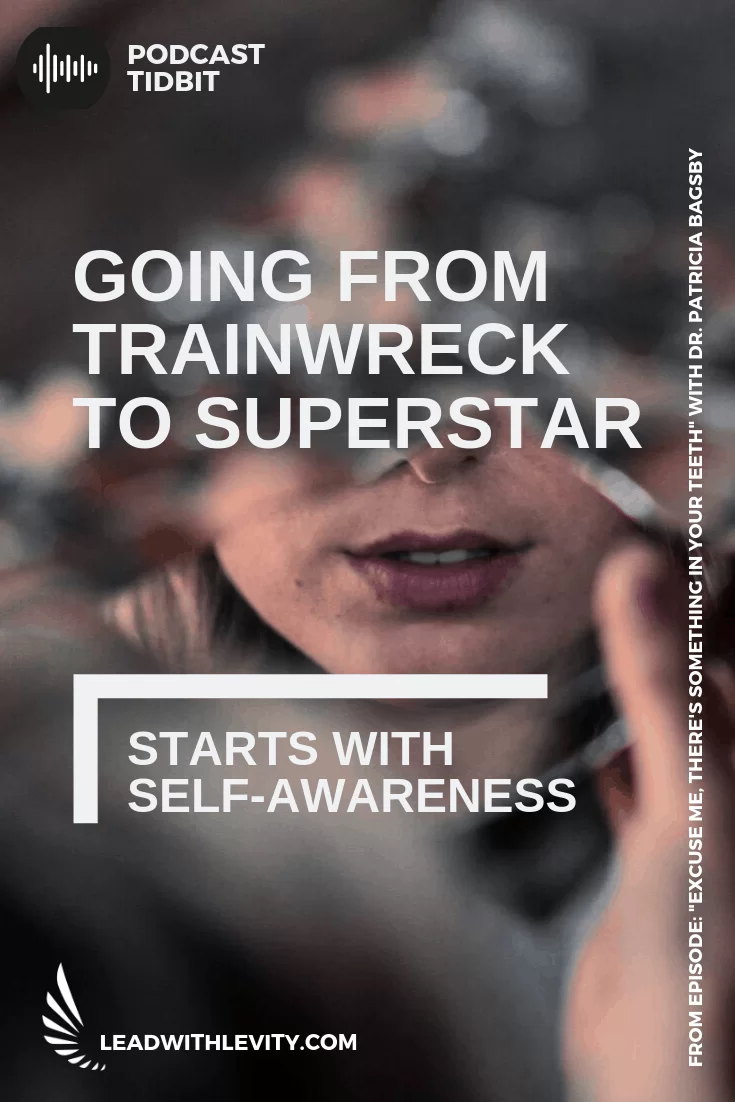Hustle culture often leads us to believe that success is the result of endless hard work, but the Pareto Principle reveals a more strategic path waiting to be discovered. It’s about working smarter, not harder. This approach isn’t about cutting corners but harnessing the power of efficiency through the Pareto Principle. Originating from the keen observations of Vilfredo Pareto, an Italian economist and philosopher, this principle unveils a universal truth: not all efforts weigh equally in the balance of success.
Understanding the Pareto Principle
The Pareto Principle, or the 80/20 rule, is a revelation that 20% of our actions contribute to 80% of our results. Pareto stumbled upon this insight when he noted that a select few owned the majority of land in Italy in the late 19th to early 20th century. This imbalance in input versus output is not restricted to wealth distribution but extends across various facets of life and work.
Not all efforts weigh equally in the balance of success. #ParetoPrinciple #WorkSmarterNotHarder Share on X- Wealth Distribution: Echoing Pareto’s original findings, modern research consistently shows that a fraction of the population holds the majority of wealth.
- Business Impact: From sales to customer service, a small segment of clients or products often generates the most profits.
- Quality Control: Echoed by quality management pioneer Dr. Joseph Juran, a minor fraction of defects cause the majority of quality issues.
- Research and Creativity: A handful of scientists or artists produce the most acclaimed works.
- Digital Footprint: A limited number of websites attract the bulk of online traffic.

The Law of the Imbalance of Effort
By identifying the ‘vital few’ activities or factors that lead to the majority of your results, you can channel your efforts more effectively. This can transform business strategies and personal productivity by focusing on what truly matters.
Harnessing the Law of the Vital Few
Understanding that a minority of efforts lead to the majority of outcomes can help prioritize tasks and projects, especially in areas like software development and R&D, where focusing on high-impact activities can drive innovation and success.
Personal Application: Making the 80/20 Rule Work for You
Identifying the 80/20 rule in your life means taking a closer look at how you allocate your time, energy, and resources across various aspects of your life. By tracking, measuring, and analyzing your activities and their outcomes, you can discover which 20% of your efforts are yielding 80% of your satisfaction and success. This insight allows you to reallocate your focus towards these high-impact areas, enhancing your productivity and fulfillment. Check out this FREE worksheet to find the 20% in your own life that will allow you to achieve the greatest results.
Conclusion: A Call to Action
The Pareto Principle offers a lens through which we can view our efforts and their impacts more clearly. By embracing this rule, we’re not just opting to work harder; we’re choosing to work with precision, focusing our energy where it counts the most. Whether in personal growth, professional development, or broader organizational strategies, the 80/20 rule empowers us to achieve more with less, guiding us toward a more balanced, efficient, and satisfying approach to life and work.









